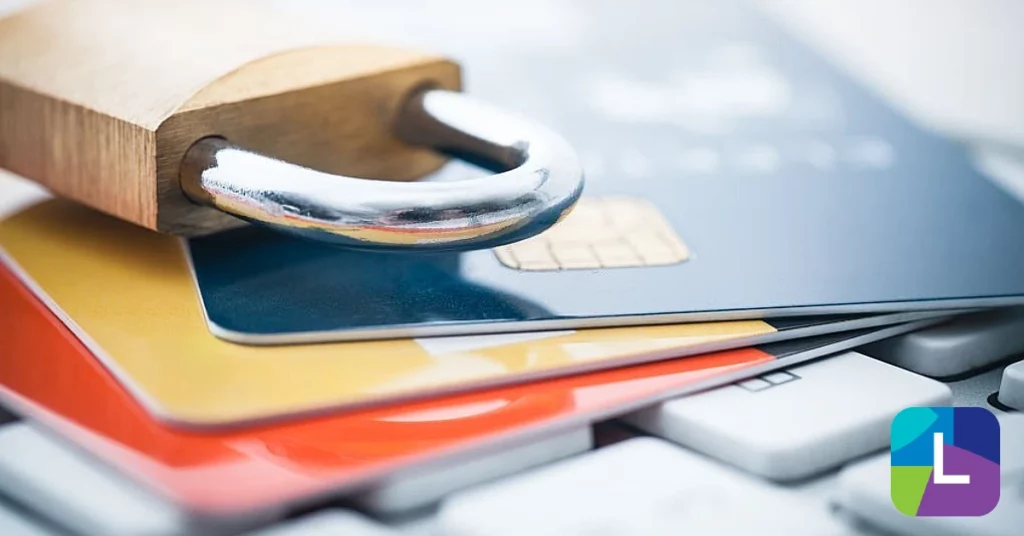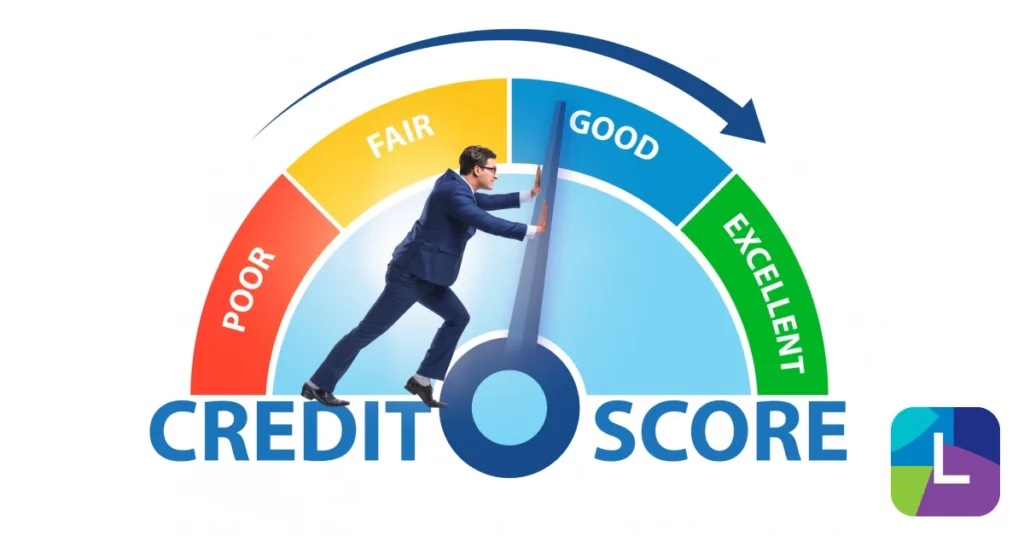5 Consequences Of Defaulting On Your Private Postgraduate Loan
Borrowing money can offer life-changing results, however, defaulting on your loans has serious consequences hindering future outcomes. When you miss a payment on your loan, you’ll most likely be charged a fee. If you continue to miss payments, you may be issued severe penalties or even a county court judgment (CCJ).
What are the big 5 consequences?
- Damage to your credit score
- Involved with a debt collection agency
- Issued a county court judgement (CCJ)
- Potential attachment of earnings order
- Potentially lose possessions
Avoid missing payments
If you’re struggling to make repayments, there are some steps you can take to get yourself back on track.
1. Work out your total debt
The first thing you’ll need to do is calculate how much you owe and the cost of owing it back. Make a record of the interest rate and how much you need to owe per month. Add all the minimum payments together to see if it’s possible to keep the minimum payments per month. If you cannot, you should cut costs on non-essential expenses such as tv subscriptions, gym memberships, and social events.
2. Prioritise high-interest loans
If you can afford to pay more than your minimum amount, this can help you get out of debt quicker. You should prioritise paying the high-interest loans first as it will save you more money in the long run. You should make sure you make payments to your priority debt before all other debts. Priority debts include council tax, utility bills, and rent. You can find out more information on Citizen Advice.
3. Explore other lending options
Sometimes loans can be unaffordable due to higher interest rates, but you may be able to see if you are able to refinance your loan elsewhere for cheaper. You could transfer the money to a credit card if you can find one that pays little to no interest in a 12 to 24-month period.
If you have a private postgraduate loan with high interest, you can refinance it with Lendwise for a lower fee. To find out more information, visit the Lendwise Refinance Loan.
Representative Example: Assumed borrowing of £30,825 over 120 months at 12.73% APR representative. Monthly cost of £509.26. Total amount repayable of £61,199.65. Interest rate of 11.62% p.a.(fixed) and total fees of £925.00. Available for loan amounts between £5,000 – £100,000.
(Representative Example date: October 2024)
4. Get in touch with your lenders
If no other solution puts you in a comfortable position, you should consider speaking to your lenders directly. Lenders do appreciate borrowers who admit payments are too high, and most of the time are willing to reduce the monthly payments to be more affordable. Some may freeze payments for a month or two to help reduce financial restraints – but don’t expect or push for this.
However, there are consequences to this option. It can affect your credit score if you consistently ask for this arrangement. Before agreeing, ask your lender if any of the plans affect your credit score in any way.
5. Contact a professional for free
You should always look to contact a professional for any advice. You can speak to professionals for free in charities such as Citizen Advice, StepChange and Debt Advice Foundation. They can help draw a plan to get yourself out of debt and into a better financial situation.
So what happens when you regularly miss payments?
If your missed payments become a consistent trend, you run the risk of dire effects building up which can cause serious financial damage. This leads to increase penalties such as higher interest, late payment fees, lower credit scores and even lead to defaulting.
Defaulting occurs when you fail to make a repayment over an extended period of time. Typically, lenders will send out a notice of default, which gives you a couple of weeks to make your repayment or come to an agreement. By moving into the defaulting phase, lenders will look to recover the money you borrowed. By law under Section 87 of the Consumer Credit Act 1974, lenders can do this when agreement terms have been breached.
It’s important to not ignore a default notice. If you receive one, contact the lender immediately. By doing this, you can avoid the notice being reported on your credit score if you resolve the matter with them.
How long does a default stay on your credit report?
There are good news and bad news regarding defaults on your credit report. The good news is the negative points will be lowered as the years pass by. However, the bad news is even if you pay your default in full, the negative score won’t be instantly removed. Instead, it will be marked as satisfied which will look better, but still negatively represents you. Once six years have passed, that specific default will be removed entirely.
How does a default evolve into a CCJ?
If you default and fail to come to an agreement with your lender, they may take the matter to court. A county court judgement (CCJ) is when the lender requests the court to place a demand upon you to pay the money back, which usually involves a hearing to decide whether they have a case against you.
If the court favours the lender, they will set out a legal plan for you to pay it back. If the loan was secured against personal property or possession, the court can legally hand them over to the lender as part of the repayment terms.
Disputing CCJs
If you feel you do not owe money, you can dispute the CCJ. You will have to pay for a private hearing at the cost of £225. You should only do this if you genuinely believe the lender is wrong – it’s not a good tactic to delay or prevent repaying the money you owe.
CCj’s are a bad addition to your credit report. It raises a huge red flag and can have consequences in your future – from loans to employment. Employers can run credit checks as part of their hiring process and having a CCJ can quickly eliminate you from the running.
Settling a CCJ
If you pay the full amount on the CCJ within a month of being issued and the lender lets the courts know, the CCJ can be removed from your credit report. If your lender doesn’t tell the court, you can contact the court directly as long as you show proof of the payment, but this may incur a fee.
Bankruptcy
Bankruptcy is the very last thing you can do if you cannot make your repayments. This can happen in two ways, voluntary or involuntary.
Voluntary
Bankruptcy is an extreme action due to the impact it has on you. If you voluntarily become bankrupt, it’s because you have no other alternatives and have unsecured debts. It costs £680 to declare bankrupt, and it means you are not liable for some of your debts and don’t need to pay them. However, there are some you will still need to keep payments on. You can find more information on the Citizen Advice website.
While bankrupt, most of your possession will be taken away to repay your debts. The items that will not be taken away are those deemed essential for working and living. Borrowing money will also be difficult, as you have to legally tell a lender you’re bankrupt if you want to borrow over £500 – failing to do so is a criminal offence. Bankruptcy will stay on your credit file for six years.
Involuntary
Bankruptcy isn’t always voluntary, you can be forced into it. If you have good assets, the lenders you owe money to will want to do this as it’s the only way to recover the highest possible amount owed.




